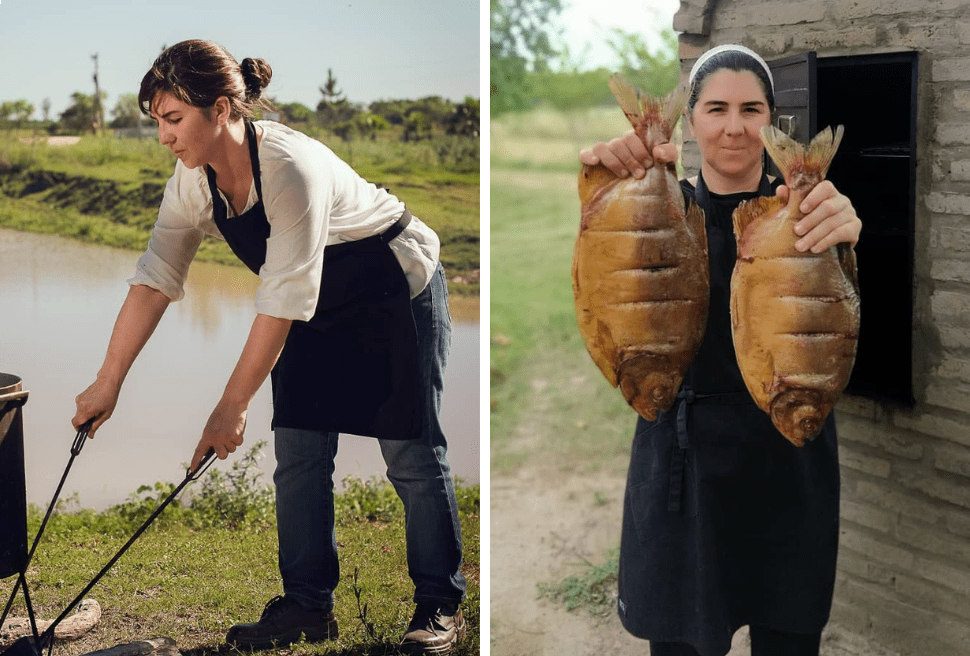Alina Ruiz opened her incredible restaurant inside her family farm on the threshold of a pristine forest in Argentina, still inhabited by indigenous people. "Many recipes are sleeping in the mountain, and I work to wake them up."
The story
It is called "El impenetrable," and not many people set foot in it. Among chefs, probably only her. Alina Ruiz chose a special location for her restaurant, Anna Restaurante de Campo. It is one of the last subtropical dry forests on the planet, spread over 128 thousand hectares in the Gran Chaco, northern Argentina. This was once home to peoples such as the Qom and Wichis, who heroically resisted the colonizers until 1917. But some descendants still lurk among the carob trees. Well, at the gates of the Impenetrable there she is, keeper of the archaic gastronomic knowledge of this pristine land.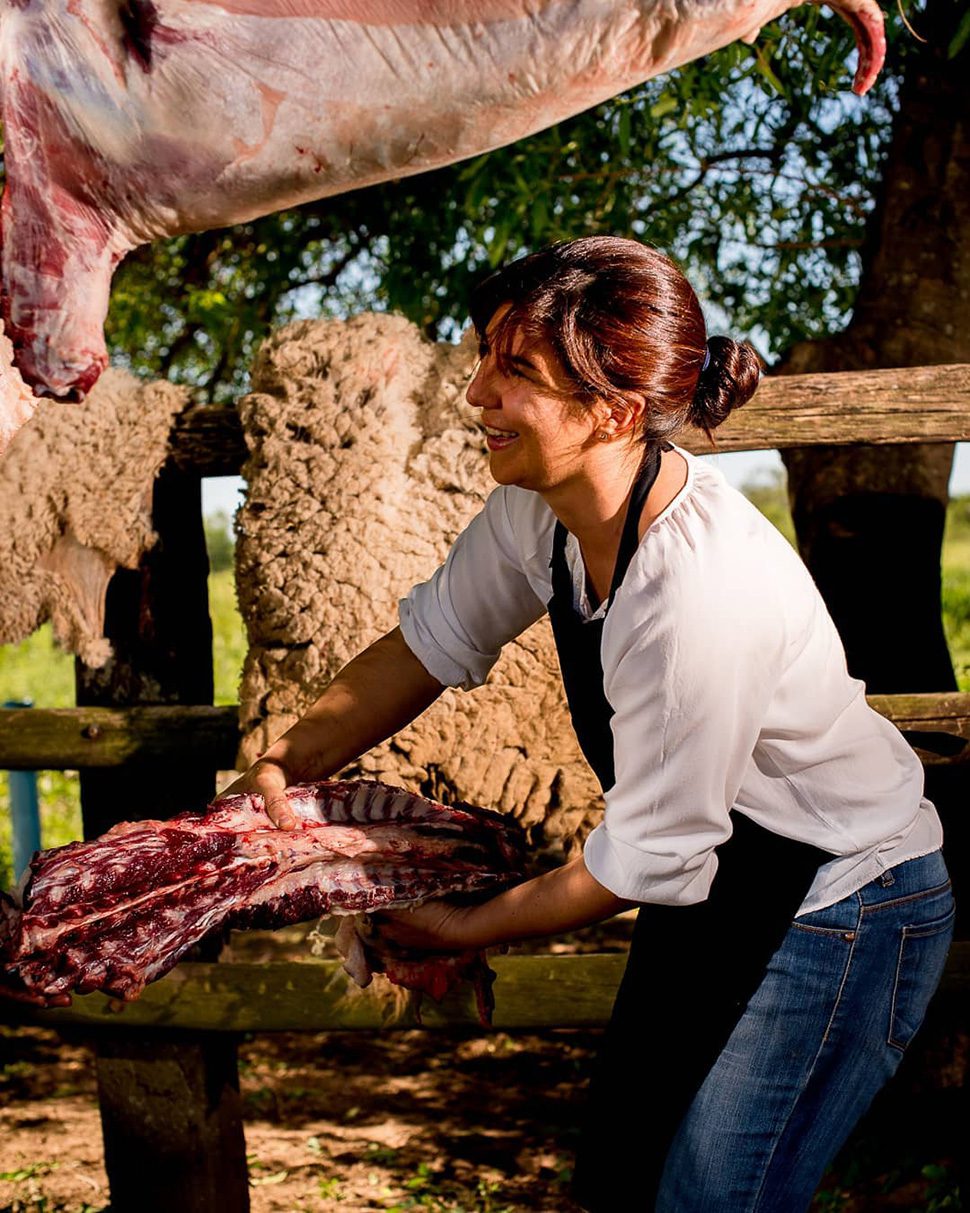
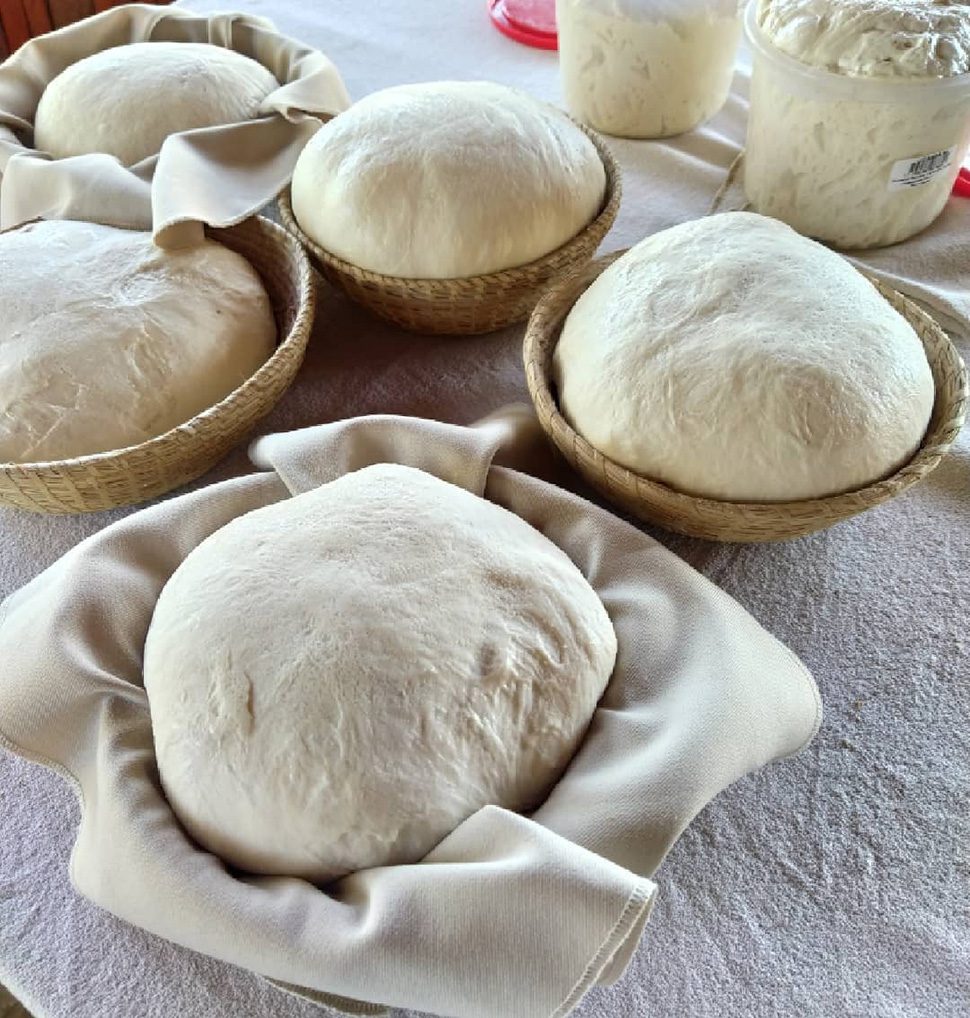
Alina became acquainted with it thanks to Grandma Anna, to whom she later dedicated the restaurant. It was she who passed on to her the recipe and ricotta cheese of the cannelloni that, even as a child, she prepared and sold to pay for her study trips. Then Buenos Aires, Lima, and Bogota, and finally, a return to her native village, Castelli. The idea was to open a restaurant on the family farm Don Miguel, on the strength of the cooking classes she took while working.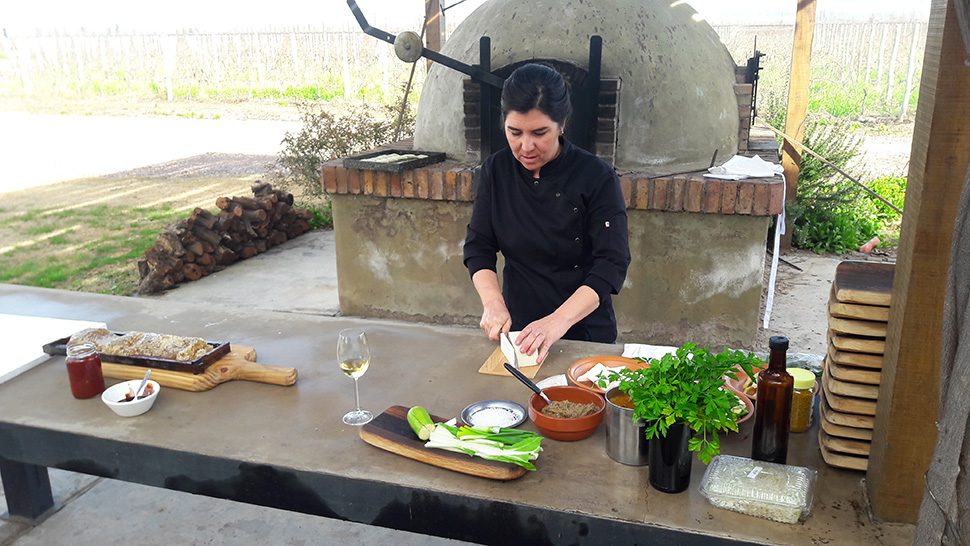
Not just any restaurant, but a single table set, sparsely. With the family photo album at hand, she made the rounds of the village houses telling people about her idea and continued in this way, with one dinner a month for the locals as she continued her education. The actual restaurant, with 20 covers, was a gift from her father, a successful farmer.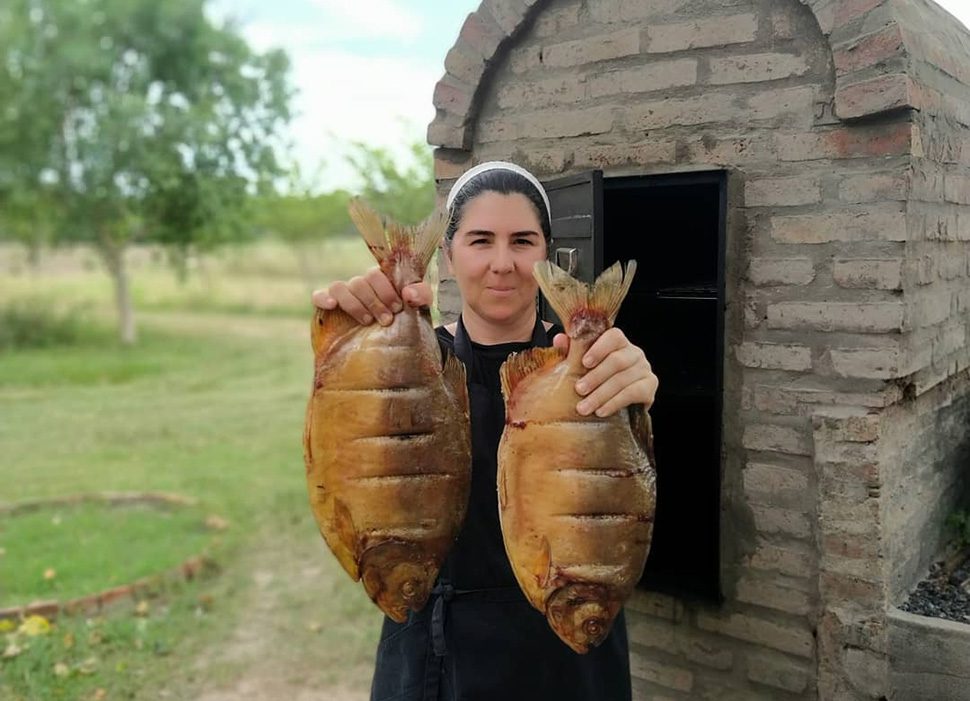
Her goal was to redeem a simple, almost primitive cuisine with local products. Here, biodiversity takes center stage, aided by extreme climatic conditions. In winter, it can be very hot, and whatever the season, the rain gauge weeps. It follows that only certain animal and plant species manage to survive and with those, inevitably, Alina juggles. Who states peremptorily, "You eat what's there. At some point, I realized that what was natural for me had become trendy in gastronomy." And indeed, on the plate are only the products of the family farm. These can be pomelo, maracuja, limes, bitter oranges, watermelons, thistles, pumpkins, potatoes and cassava, and other tasty vegetables.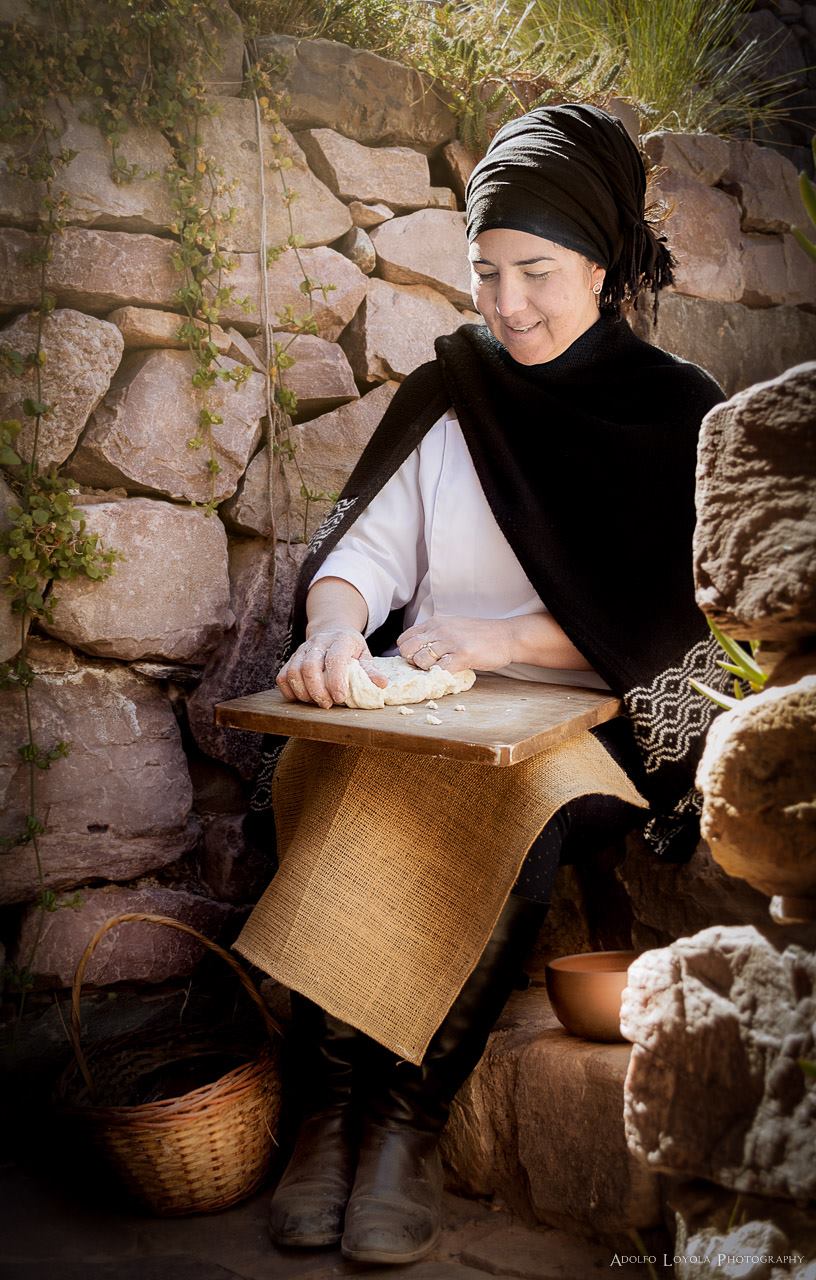
"I don't have great technique, what saves me are the ingredients. If I didn't have my father's vegetables, I couldn't make the dishes," she says. But there are also meats from her own livestock, especially cattle and goats, and fish from the rivers. The result is a four-course lunch and seven-course dinner menu with a very high identity rate, chock-full of gastro anthropological curiosities.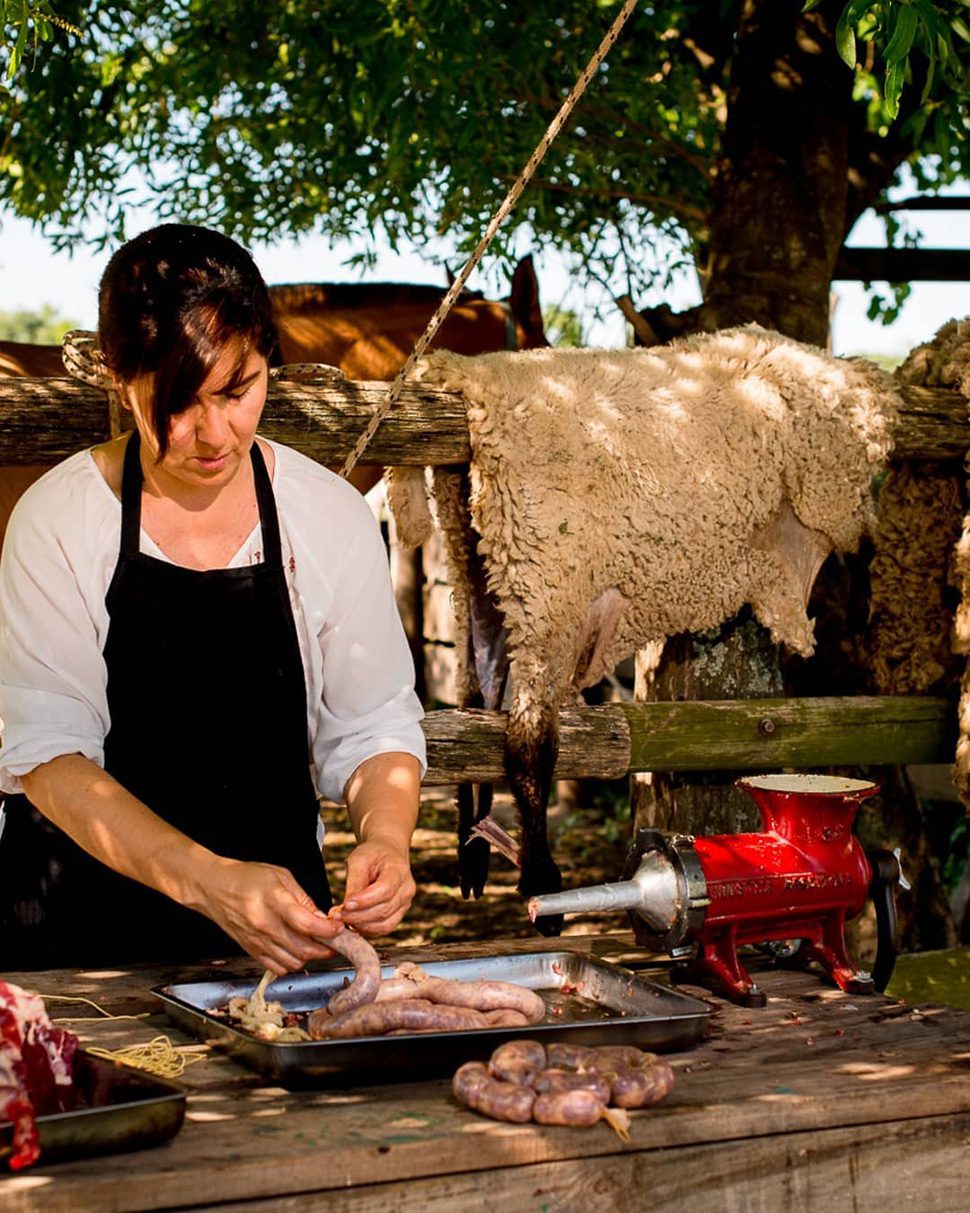
But Alina is not alone: in her mission, she can call on the collaboration of the Rewilding Foundation, which is active in reintroducing endangered species and stabilizing local communities. Together, for example, they have trained homemakers, who now serve their meals to tourists at home. But the training is reciprocal. "I can't expect to recover a recipe without stopping with the cooks in their homes," she says. "Many recipes are sleeping in the mountain, and I work to wake them up."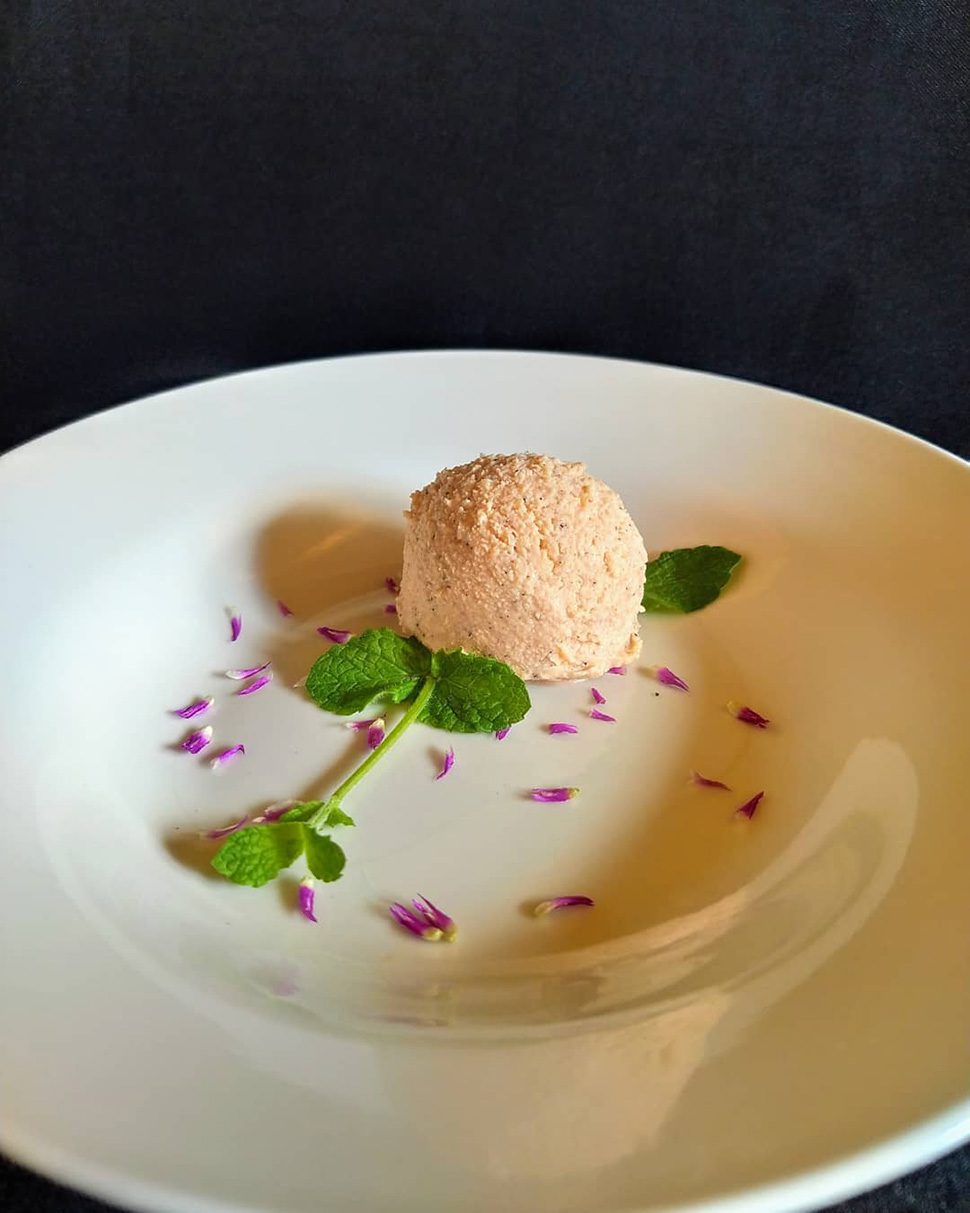
Source: Siete Canibales
Find the article here
Photo: Credit Anna Restaurante De Campo
